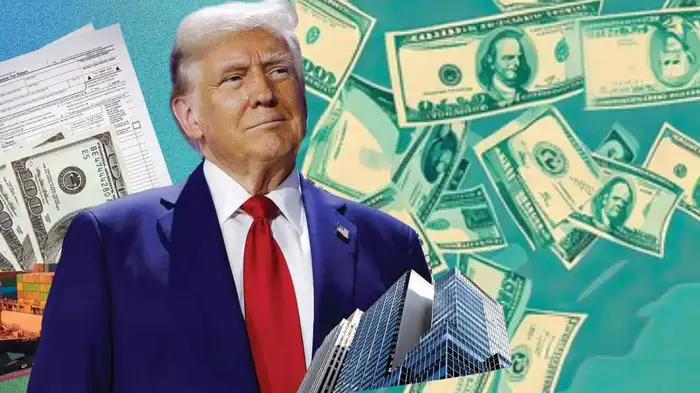The U.S. economy is experiencing major shifts as President Donald Trump’s second term brings rapid-fire policy moves with ripple effects worldwide. Amid this turbulence, the dominance of the top 10 stocks in the U.S. equity market has reached an unprecedented 76%—surpassing the levels seen during the Great Depression of the 1930s. Even at the height of the dot-com bubble in 2000, the figure peaked at 73%, while in the 1980s, it remained below 50%.
Eight of the world’s ten most valuable companies are American. Chipmaker Nvidia leads with a staggering market capitalization of $4.408 trillion—surpassing India’s entire GDP. Microsoft follows at $3.871 trillion, Apple at $3.265 trillion, Alphabet (Google’s parent) at $2.380 trillion, and Amazon close behind at $2.379 trillion. Meta Platforms ranks sixth at $1.913 trillion, Broadcom eighth at $1.428 trillion, and Tesla tenth at $1.039 trillion. Outside the top 10, Berkshire Hathaway holds 11th place at $999.59 billion, while Walmart is 12th at $822.94 billion.
The S&P 500 index is also setting records, with its top 10 constituents now accounting for 40% of the index’s total market value. Massive capital inflows into the U.S. continue, driven by heavyweight corporate investments. Apple has pledged $600 billion, expected to create 20,000 new jobs. Nvidia plans to invest $200 billion, while TSMC has committed $100 billion. Other giants—including Johnson & Johnson, Microsoft, Eli Lilly, Energy Capital, and Hyundai—have also announced major U.S. investment plans.
Analysts warn that while such concentration reflects the unparalleled strength of America’s tech and corporate sector, it also raises concerns about market imbalance and the risks of over-reliance on a handful of companies.


